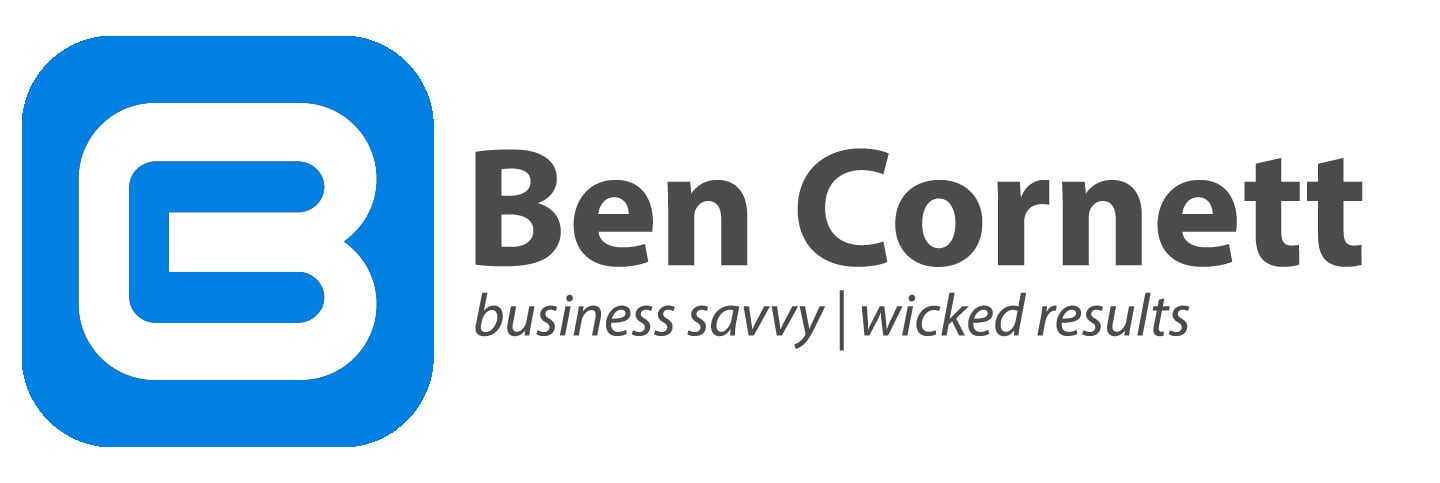
Co-creation, from the perspective of Elon Musk's approach to partnerships, refers to the process of collaboratively developing and innovating with external partners to create shared value. This concept is about leveraging the knowledge, expertise, and resources of multiple parties to enhance the overall impact of a project, service, or product, resulting in mutual benefits for all parties involved. Co-creation allows for innovation to happen at a faster pace and addresses complex challenges more effectively.

Elon Musk's companies have shown a commitment to co-creation through various partnerships and collaborations, some of which include:
-
Tesla and Panasonic : Tesla partnered with Panasonic to co-create advanced battery technology for their electric vehicles (EVs) and energy storage solutions. Panasonic's expertise in battery technology combined with Tesla's EV innovation led to the development of high-capacity, long-range batteries that have significantly contributed to the growth and success of both companies.
-
SpaceX and NASA : SpaceX has been working closely with NASA to develop and launch advanced space exploration technologies. Through this partnership, SpaceX has successfully launched numerous commercial and government satellites, delivered cargo to the International Space Station (ISS), and collaborated on the Crew Dragon capsule. This co-creation has revitalized the space industry and accelerated progress in space exploration.
-
Tesla and SolarCity : Tesla acquired SolarCity in 2016, which has allowed the two companies to work together on developing and integrating solar energy solutions with electric vehicle charging infrastructure. This partnership has resulted in the creation of solar roofs, Powerwall home batteries, and the Tesla Supercharger network, all of which contribute to a more sustainable energy ecosystem.
-
The Boring Company and Local Governments : The Boring Company has been working with various local governments to co-create innovative transportation solutions, such as the Las Vegas Convention Center Loop. By working together, they can address infrastructure challenges and create more efficient, sustainable transportation systems.
-
OpenAI : While not a company owned by Elon Musk, he co-founded OpenAI with the aim of advancing artificial intelligence (AI) in a safe and beneficial manner. OpenAI collaborates with various research institutions and AI experts to co-create cutting-edge AI technologies, ensuring that AI development remains focused on the common good of humanity.
These examples demonstrate how Elon Musk's companies have embraced co-creation to drive innovation and create value across various industries. By fostering these partnerships, Musk's companies have been able to leverage the expertise and resources of external partners to develop groundbreaking products and services that benefit all stakeholders involved.
Co-creation is the fuel for innovation that drives forward. By harnessing the collective intelligence and resources of diverse partners, we're able to accelerate progress and tackle some of the world's most complex challenges.
As a business owner, you can tactically apply the principles of co-creation inspired by Elon Musk's approach to partnerships in the following ways:
-
Identify potential partners: Look for companies or organizations that share similar values and complementary expertise. These partners can bring unique perspectives, skills, and resources that can help you innovate and enhance your products or services.
-
Establish clear goals and objectives: Clearly define the goals and objectives of the partnership, ensuring that both parties understand their roles, responsibilities, and desired outcomes. This clarity will help in maintaining focus and alignment throughout the collaboration.
-
Foster open communication and trust: Encourage open communication between all parties involved in the co-creation process. Share information, ideas, and feedback regularly, and create an environment where everyone feels comfortable expressing their thoughts and opinions.
-
Leverage each other's strengths: Recognize the unique strengths and expertise of each partner and utilize them effectively to drive innovation and create value. This approach allows for the optimal use of resources and expertise, resulting in more impactful outcomes.
-
Develop a framework for collaboration: Establish a framework for collaboration that outlines the processes, timelines, and expectations for the partnership. This framework can help ensure that everyone stays on track and that the partnership progresses smoothly.
-
Encourage cross-functional collaboration: Facilitate collaboration between teams and individuals across different functions within your organization and the partner organization. This cross-functional collaboration can lead to new ideas, fresh perspectives, and a more holistic approach to problem-solving.
-
Measure and evaluate progress: Regularly measure and evaluate the progress of the partnership, using pre-defined metrics and key performance indicators (KPIs). This will help you identify areas of improvement and make necessary adjustments to achieve desired outcomes.
-
Be open to learning and adaptation: Embrace the learning opportunities that arise from the co-creation process. Be open to adapting your strategies, processes, or products based on the insights gained through collaboration.
-
Share success and celebrate milestones: Acknowledge and celebrate the achievements and milestones of the partnership. This not only fosters a positive environment but also strengthens the relationship between the collaborating parties.
By implementing these tactics, you can leverage the power of co-creation in your business, driving innovation, and creating shared value, just as Elon Musk's companies have done through their various partnerships and collaborations. Need help getting there? That is where my expertise in co-creation comes in,
let me know
.

Leave Your Comment Here